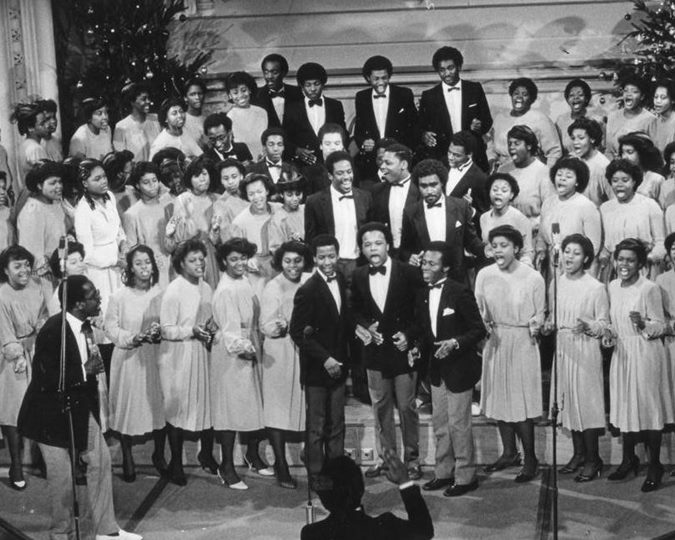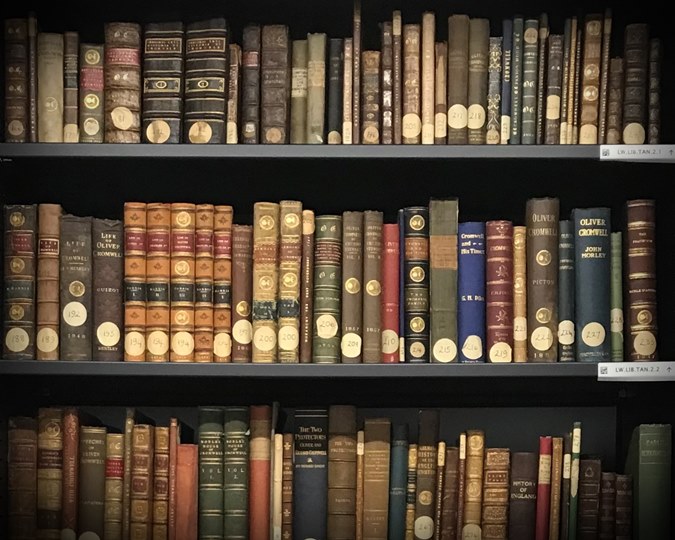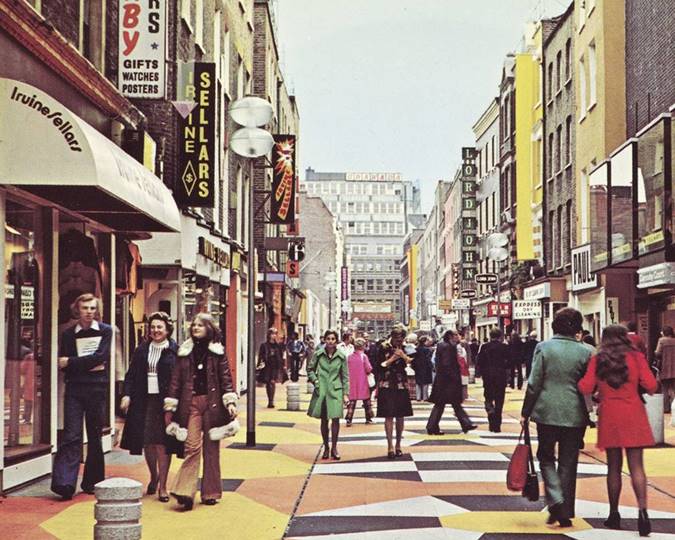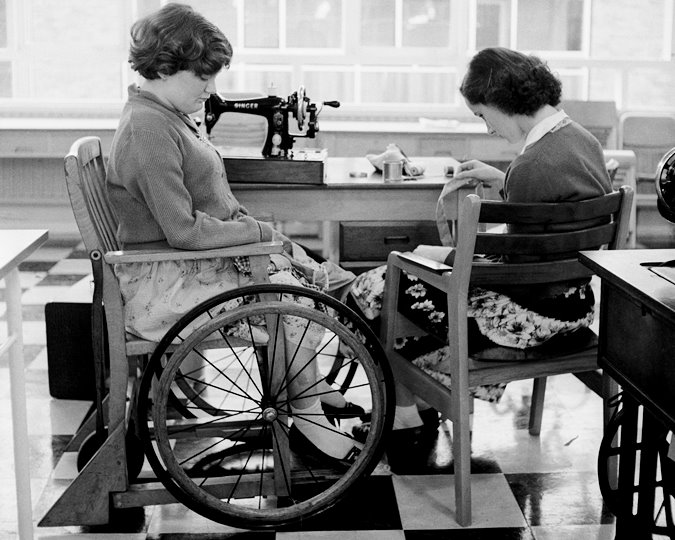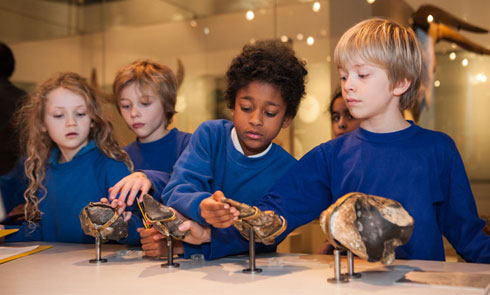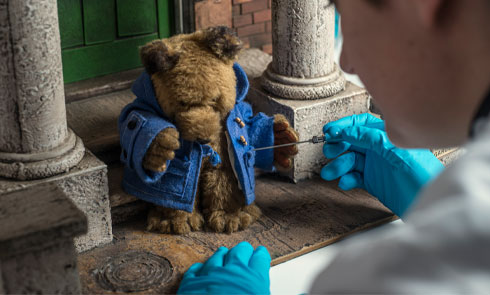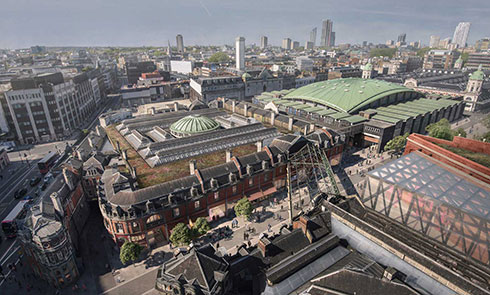Flora Drummond was one of the original members of the Womens Social and Political Union. Her Suffragette career began in 1905. That summer she was one of the speakers touring Lancashire towns as part of the Women's Social and Political Union campaign. In October, after the imprisonment of Annie Kenney and Christabel Pankhurst for an altercation at Manchester's Free Trade Hall (the first militant act), she helped to capitalise on the ensuing publicity by organising meetings and printing leaflets.
Like the Pankhursts she left the Independent Labour Party, believing it only paid lip-service to women's rights. She was known as "the General" both for her organising abilities and her habit of wearing a military-style uniform and riding a horse to Suffragette meetings.
In 1906 she moved to London to work as a salaried Organiser but also kept close links with the WSPU campaign in Scotland. She was imprisoned nine times in total, once whilst pregnant with her son. When hunger-striking was introduced by suffragette prisoners as a political tactic, Drummond herself took part. However, she was never forcibly fed because, like Emmeline Pankhurst, she was deemed to be too prominent a personality for the authorities to risk injuring.
In 1909 she moved to Glasgow and organised both the WSPU's general election campaign and Women's Exhibition of 1910. When Drummond returned to London late in 1911 she was put in charge of co-ordinating all WSPU branches throughout the country. In January 1913 she led a deputation of working women, alongside Annie Kenney to meet Lloyd George, who was reported to have congratulated Drummond on her handling of the event.

